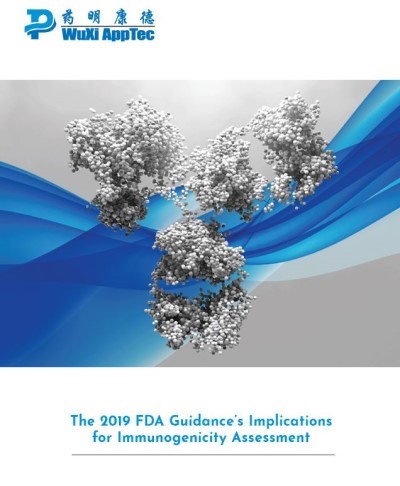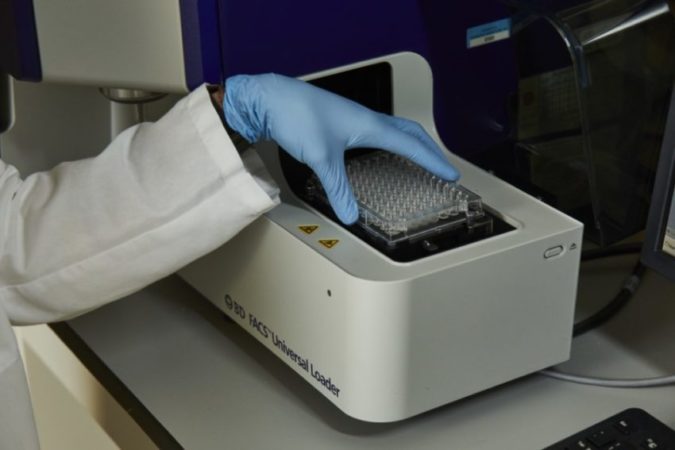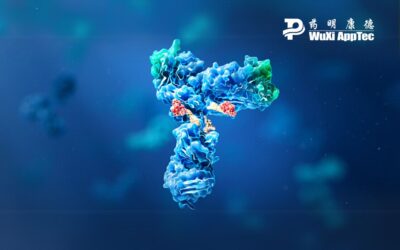In 2019, the U.S. Food and Drug Administration (FDA) revised its guidance for immunogenicity risk assessment (IRA) of biological therapies. IRA is required to help drug developers and regulatory agencies better understand the potential impact an immune response will or will not have on patients when exposed to the therapeutic. The guidance is important to keep in mind when planning your preclinical and clinical drug development, as failure to adhere could result in barriers that ultimately delay the acceptance of your Investigational New Drug (IND) application, putting your program on clinical hold.
Many aspects of the guidance were revised but in our whitepaper, we highlight the revisions focusing on the following areas:
• Risk assessment
• Statistical approaches to ascertain cut point
• Removal of long-term stability requirement
• Minimal required dilution
• Development of assays to measure neutralizing antibodies
• Strategies for managing pre-existing antibodies
• Updates in documentation requirements

The FDA recommends that immunogenicity risk assessment and rationale should be provided prior to entering first in human (FIH) studies and submitted in conjunction with the IND. Previously, the FDA advised that sponsors should provide a rationale for immunogenicity testing rather than the risk assessment itself. The FDA also provided clarification that test samples during phase 1 and phase 2 studies should use suitable screening, confirmatory assays, and, where necessary, neutralization assays.
Learn more about Large Molecule Bioanalytical services
As a global company with operations across Asia, Europe, and North America, WuXi AppTec provides a broad portfolio of R&D and manufacturing services that enable the global pharmaceutical and life sciences industry to advance discoveries and deliver groundbreaking treatments to patients. Through its unique business models, WuXi AppTec’s integrated, end-to-end services include chemistry drug CRDMO (Contract Research, Development and Manufacturing Organization), biology discovery, preclinical testing and clinical research services, helping customers improve the productivity of advancing healthcare products through cost-effective and efficient solutions. WuXi AppTec received an AA ESG rating from MSCI for the fourth consecutive year in 2024 and its open-access platform is enabling around 6,000 customers from over 30 countries to improve the health of those in need – and to realize the vision that “every drug can be made and every disease can be treated.”


